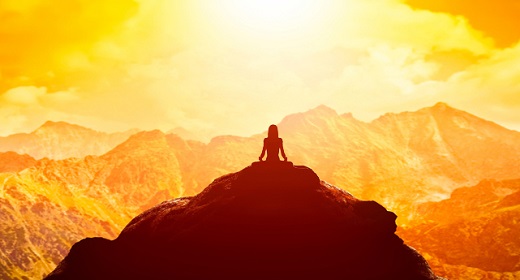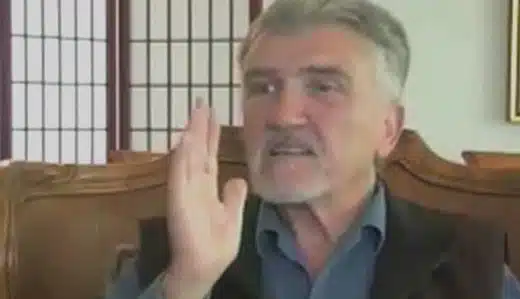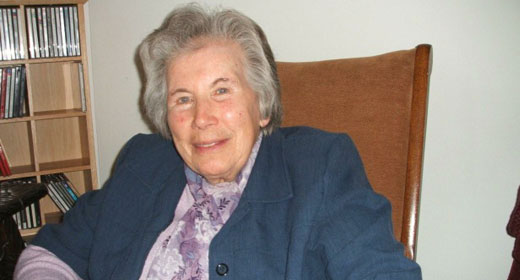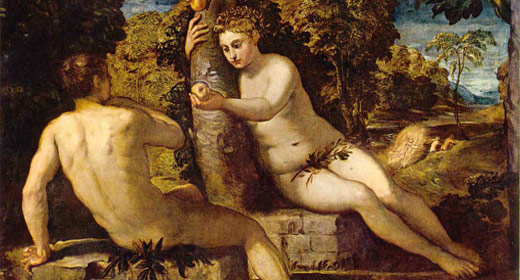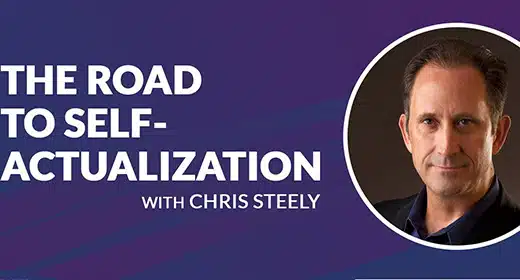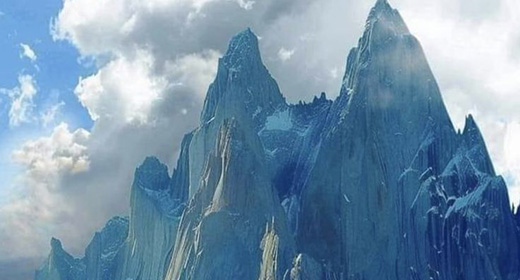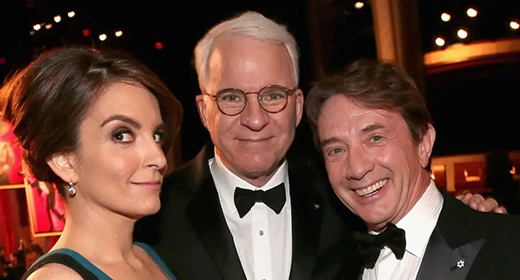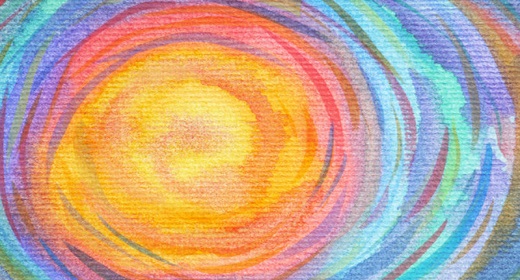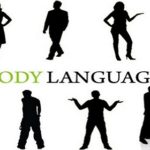Donna Quesada: I feel like it is being gradually more respected and seen as a therapeutic tool now.
Thanks to the work of Michael Pollan and the series. I don’t know if you’ve seen that series…
Chris Steely: How to Change Your Mind.
DONNA: Exactly. What you’re saying reinforces that. You had the experience of how that can work as a liberating tool for things like post-traumatic stress and depression and anxiety. Maybe in terms of exploring it further, how does it work in that sense, to support it a little bit more as a veritable tool for things that we’re still struggling with, like anxiety, which is still so widespread?
CHRIS: It’s a good question. Because again, the various modalities influence that in different ways. We think of Ayahuasca… I’ve got a relationship with Ayahuasca. It’s a female spirit. It’s a feminine spirit… impossible to describe with words. But what she has taught me is the reality of my trauma and why things had to happen. I get to unpack that as one modality. There are different modalities. I think what it does, just in essence, is, it confronts us with the reality of who we are as spirits and souls and takes us to the front line of that, especially the front lines of trauma. I’ll go back to the experience. I have never experienced such a deep level of grief that I have experienced during an Ayahuasca ceremony.
DONNA: I missed that word. A deep level of?
CHRIS: Grief. Grief. Like existential grief. I’ll never forget when I was in that moment, just the grief that I felt for the world…
DONNA: Wow.
CHRIS: … and for all the pain and suffering and all experience. I took that on. During the same ceremony, I also experienced the ultimate level of love, agape love, which, again, until you experience it, it’s just, Oh… Just thinking about it right now puts me back into a state of just overwhelm. It’s those extreme moments that we get to reframe, or we get to confront.
The key, again, as I said, is the integration. After you have that experience, it’s important to talk about it and discuss it and to synthesize it into a processor with other people who have been through a journey, whether it be with a clinician, or other people that are journeying with you in a group… I’m a big fan of group work with psychedelics because it allows us to make distinctions about ourselves as we enjoy a collective experience together during that ceremony, if you will. I think that has a lot to…
DONNA: It sounds like they’re just simply things that cannot be put into words. But, vaguely, there’s something about you referring to Ayahuasca as a she. There’s this aspect of the mother’s touch and being wrapped and cradled by this spiritual mother that’s bigger than life and being told in a soul’s language that everything is okay, and everything happened because it had to happen. It didn’t happen to you. You’re going to be fine. You are fine. There’s nothing to fear because you’re not this physical thing that’s limited. You’re this eternal essence that is connected to me. I don’t know if I’m reading much too much into that.
CHRIS: That was well expressed, Donna. That was beautifully expressed. Very well…
DONNA: With all of these experiences that you’ve come from, how different could they be? We didn’t even talk about your martial arts training. But we talked about your training in the marines and the evolution into psychedelics. If you, from this point in your life, could give advice to the twenty-year-old version of yourself, what would it be?
CHRIS: It’s funny you chose twenty.
DONNA: Really?
CHRIS: Twenty is just about the first real traumatic moment of my life…
DONNA: Could you put your microphone just a little closer? I missed that sentence.
CHRIS: What happened to me at twenty was just about the most conscious traumatic moment of my life. It’s when my mother passed away. Up until then, there were other levels of trauma. Let me put myself back into that condition. Back at twenty, thinking of my life… where I was at twenty, if I could tell that boy something, I would say, “Just trust. Trust and believe.”
DONNA: I’m missing your whispers, Chris.
CHRIS: I said trust.
DONNA: I don’t want to miss anything.
CHRIS: Sorry. I thought this was a good microphone.
DONNA: What you’re saying is so precious. I don’t want to miss anything
CHRIS: I said, “Trust and believe that what’s happening and what’s going to happen is happening for a reason. It’s happening for a purpose. The more that you, “my twenty-year-old self, surrender to that purpose, the more effective that reason will play out for the rest of your life.”
It’s funny because knowing that when I was twenty… now that I know it and I’ve come to know that over the past couple decades, would have catalyzed a level of, I don’t know, consciousness… confidence, so that I could continue to manifest my soul back to strengths, back to passions, back to capabilities, as I integrate those into the world.
My genre is business. I love that I’ve chosen that genre. I’m well-credentialed in that genre. But back at twenty, I was still getting credentialed. I wasn’t really sure where the journey was going to take me. It ended up taking me down a good path.
But, again, back to that twenty-year-old kid, just, again, to surrender to that and not question it so much and be confident in my essence and also not be so oriented toward other people’s opinions of me, too, which takes me back to the dynamics of trauma which calls the level of codependents which is unique to me, part of my identity.
I would tell that twenty-year-old kid to be independent of the good opinion of others and not do things to be accepted, but do things to manifest… what’s the word? Call it the greatness, call it the strengths, the gifts that my creator has given me. Because the more I exist from that space of being concerned about what other people think and having to get their approval, the more that dilutes and mitigates my true power, or my true essence and my true responsibility in the world today.
Thank you so much for allowing me to go back to my twenty-year-old self and tell him that. Great.
DONNA: Amen to being independent of other people’s good opinions. How liberated we would be without that dependence. How has your work with Tony Robbins shaped your own approach?
CHRIS: I’ll never forget him. I first “met” Tony when I was twenty-five years old. I had just bought a house in Central Florida, had a good job, just married. I was watching a Guthy-Renker infomercial. I bought Personal Power on cassette tape, which is a thirty-day program toward personal power like, “Ah, what a cool thing.” It really resonated with me. I did it. I threw myself into it. That’s just my style. I’m a classic Type 3 Achiever, if you know what that means. I’m an achiever, so I’m going to do it.
It helped sculpt my identity. Then two years later, I was in the Marine Corps. One of the things that catalyzed my choice to go into the Marine Corps, Donna, is that Desert Shield turned into Desert Storm. It was my patriotic duty to go to war literally, and be part of that noble effort. It was Tony’s teachings that allowed me to have the courage to understand that that was a responsibility…
DONNA: Wow.
CHRIS: … and that I had what it took to do that. I did that. Then my marriage failed and I got out of the Marine Corps, got into the corporate sector, and went back to the well, did Personal Power II on CD.
DONNA: You’ve moved from cassettes to CDs!
CHRIS: To CDs. It was another thirty-day program. I took it on again. I went back to the well again. I got great results from that. Again, it helped define and sculpt and send me down a path that I’m at now, as I consider that. Again, it became part of my identity, part of that hard wiring.
Then when I declared myself to be a professional coach, I got my certification. I was at an event. Tony was there. I met him and shared the stage with him and got to meet him. That was back in 2003. It was so great to be in the presence of this guy who’s just a catalyst, who’s a force for good.
I was in the right place at the right time, 2010. I ended up contracting to work directly with him. I toured with him for the next four years as part of his Business Mastery Program. I became one of his consultants.
It was like a lifetime journey that culminated into these dynamics that allowed me to serve and be in that realm of human possibilities which is what I’m all about.
DONNA: Amazing.
CHRIS: I’m still, to this day, just honored and really blown away over his capability to master human meaning. I’m always aware of that. Again, I love the techniques. I use them for myself. I, of course, repurpose them and use them for other people as well. I think what we’re all here to do is to be that force for good. Tony says that we are, and being that voice and being that leader that can…
DONNA: How do you maintain hope that we can make this planet a good and a positive place? Today, with what’s going on globally, it is challenging. How do you keep yourself in that positive state so that you can maintain your own spirit of enthusiasm as a facilitator? Notice, I didn’t say “coach!”
CHRIS: It’s an essence. It’s kind of a competence. You have the capability. You put the word “hope” in its space. Immediately, I resonate with the 4-letter word “hope”. Hope is a sacred thing that we all have as human beings.
DONNA: It is sacred.
CHRIS: As I look into the world that we live in today, there is a hopelessness that is like a blanket that’s been thrown over the light of goodness. You’re right. Look at the dynamics we are faced with right now, the hopelessness with all the despair and the grief and the war and the strife and the suffering.
DONNA: The environmental degradation.
Chris: All of it. There’re so many good reasons to be hopeless. From there, we can work toward what that isn’t. Because hope is fragile. We all have hope. And hope can get dashed, along with faith, faith in ourselves, faith in whatever we want to have faith in. If we let our faith wane, then we lose our power. If we let hope wane, then we have nothing left. As human beings, we must hope. Yet, hope is a business guy. Hope is not a strategy in the context of business. Hope is an essence. It’s a way of being.
We must, especially as light leaders, be aware that those front line… back to the polarity and the duality… is where we operate from and confront that dynamic of hopelessness with an enlightened spirit of hope. That is our responsibility as leaders to work from. It comes from here.
I fortunately have been blessed with a strong level of an ability to hope, even in the midst of the darkest times, very opportunistic-possibility oriented. I bring that spirit, that essence into the work that I do with corporate teams. Because some of the time, you work with business teams in a situation that they practically perceive as hopeless. “Well, let’s reframe that, folks. What’s hopeless about it?” We go to the mat. We understand it.
You talked about martial arts. They’re about going to the mat. Martial arts are a spiritual thing. There’s a dojo and everything. But martial arts start with the essence of spirit. It allows us to be able to understand the core essence of who we are at our center. From there, you can manifest that as a human being. To be able to extend our intention in a dojo, whether it be through Kung Fu, Jujitsu, Aikido… But it’s an essence. That’s what I believe martial arts is.
I bring the martial arts concept into the dojo of business so that we can understand what our opponent is. That opponent could be whatever we define the opponent to be, whether it be the competition or a culture that’s not oriented toward true possibilities and what the business can be. Let’s confront those opponents so that we can actually go to that line, go to the mat, go to that essence and condition ourselves to overcome that hopelessness, that dynamic that isn’t what we want it to be, so that from there, we can go into what the possibilities are.
It’s a wonderful force of, again, I use the front line whether it be the front line on a military battlefield or the front line of the yin and the yang, the dark and the light. That’s the force. If you want to know what the force is, the force is the balance of the dark and the light. We can actually go to bring that darkness, that hopelessness into the space, understand what it is, what it’s doing for us. Then be the light and the force and the power that we’re meant to be. Then you have oneness. Wholeness is the word. Wholeness. Oneness. That’s where we can operate from.
Embrace the shadow. Embrace that essence of what hopelessness is. Don’t surrender to it. But surrender to the essence of what combination of the dark and the light can be. You can see I’m just inspired here. I hope I’m using the words in the right way.
DONNA: Just feeding off what you’re saying and my own fascination with martial arts, it’s… rather than seeing the darkness as an opposition, you’re using that energy and working it into your own big operating momentum, and working from that, rather than crashing against it. Would that be…
CHRIS: Right. It’s funny because one of the things we talked about in the dojo is that the master understands the value of being thrown off balance. Once you get to the extreme levels of mastery, whether it be in a dojo or business or self, we understand the true value of being thrown off balance. Because then and only then, can we make the distinctions for ourselves, what it takes for us to be able to get back in balance. It’s funny, because balance is always happening. We’re constantly going through the ebb and the flow of balance, back to this dynamic.
I talk about the sport of rowing. I was a rower. These rowing shells, these long, skinny shells with these 12-foot… the key to that is balance, balancing the boat. But the boat’s always off balance. It’s always being compromised to one side or the other. Our responsibility is to do our best to balance that in the midst of the imbalance, the constant, consistent compromise of imbalance all the time.
That applies to life as well. Some of the time, life can be thrown off balance. Boom. We get to a condition of incompetence, the existential competence to do what it takes to pull that balance back, constantly. That’s what masters do in the dojo. That’s how black belts become black belts, as they learn for themselves what it takes to do that somatically, physically, and then, of course, spiritually. Because it starts with the essence of spirit.
DONNA: That’s beautiful. It’s a practice. It’s not an accomplishment. It’s an ongoing process. Chris, in our in our last moments, is there anything else you’d like to share?
CHRIS: Well, I really appreciate you, Donna, and the way you’ve asked questions that have drawn me out in this conversation, me being the what’s not this flesh and bone meat package. It’s not this “personality,” me being my soul and my essence as I answer your questions. I deal with authenticity.
My wish for you is joy and hope and love, light. It’s my wish for everybody. I am here to facilitate that in any way that I can. Thank you so much for your time and for allowing me to experience myself at a sacred level during this brief moment we’ve had. Thank you so much.
DONNA: I appreciate that. I appreciate your kind words on a personal level. I know our viewers will just love the wisdom that you’ve shared. Thank you again for your generous time today.
Read and Watch Part 1 Here: Awaken Interviews Chris Steely Pt 1 – Enlightenment Is More Like a Rheostat than a Light Switch
Read and Watch Part 2 Here: Awaken Interviews Chris Steely Pt 2 – Plant Medicines Are a Channel For Consciousness


